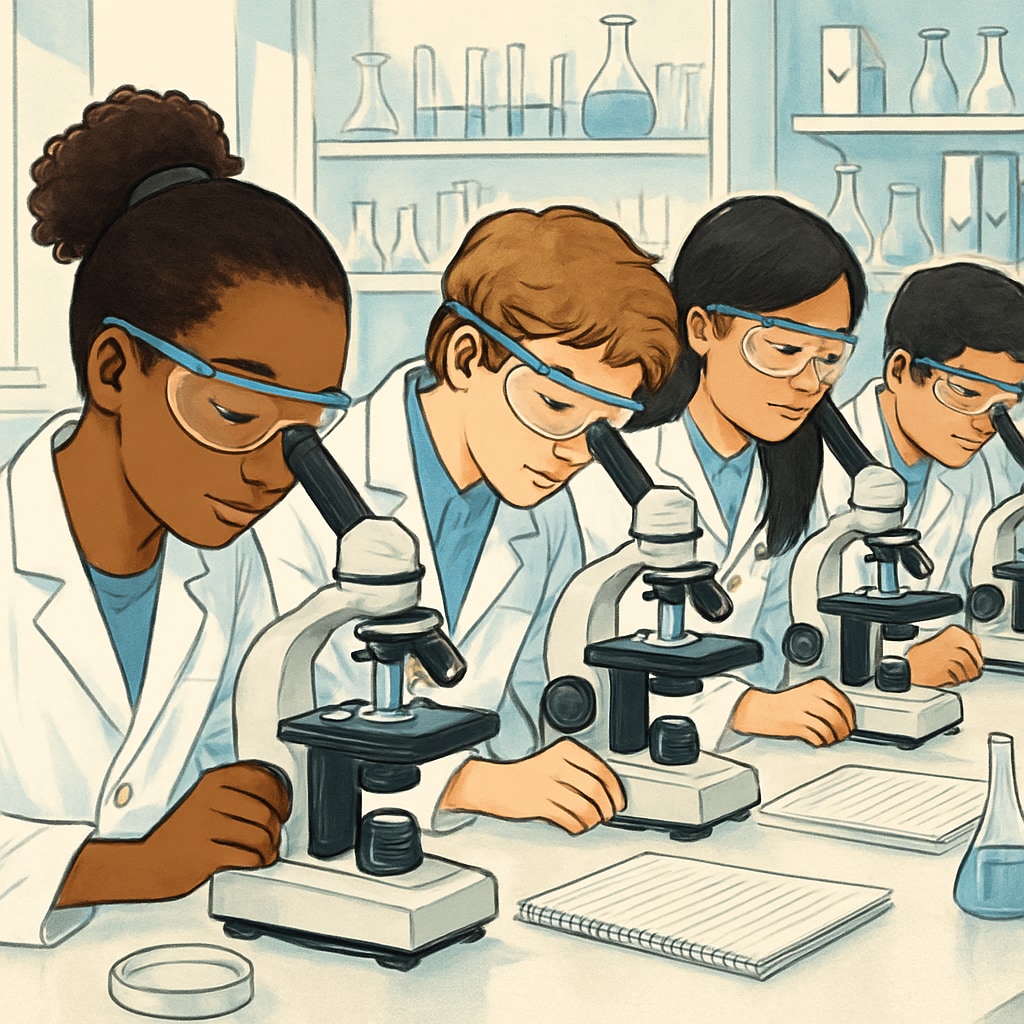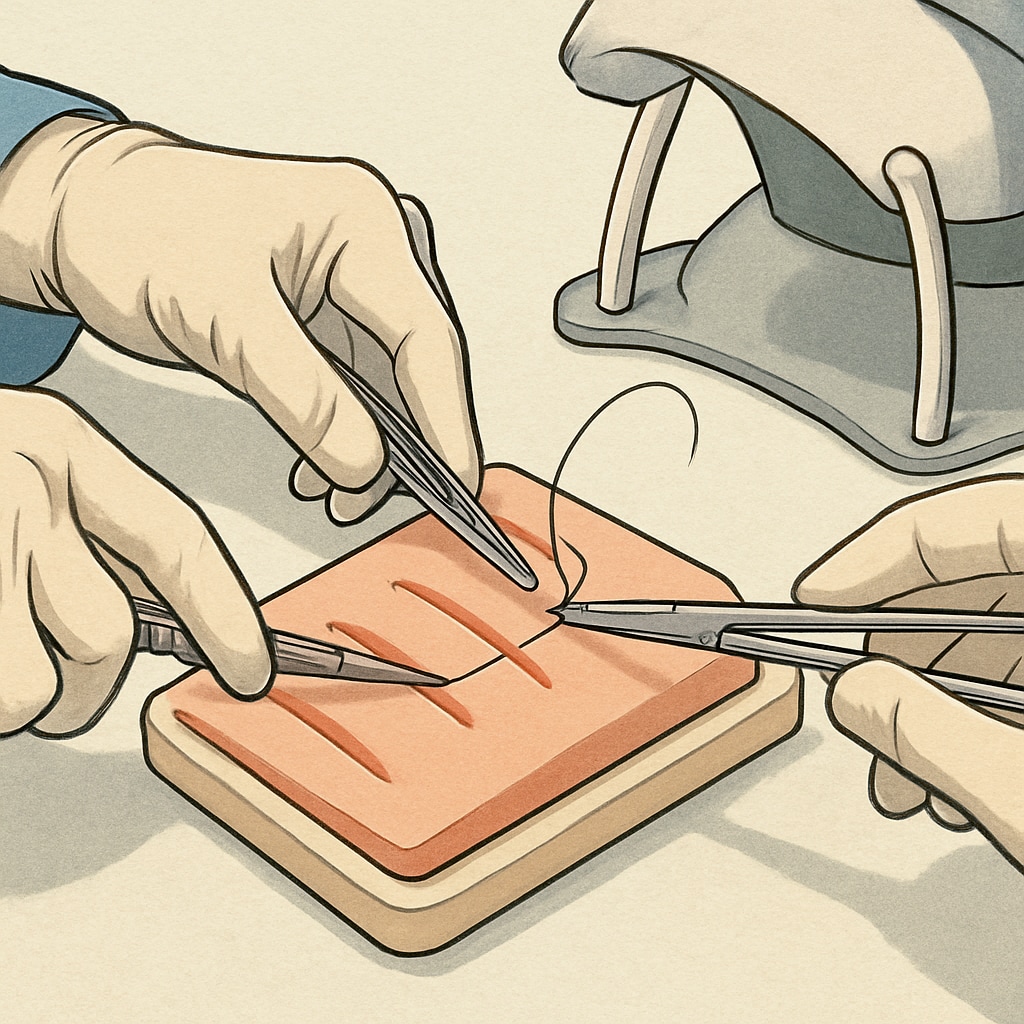For students demonstrating exceptional academic performance and seeking learning enhancement to pursue careers as neurosurgeons, specialized educational strategies are essential. Neurosurgery demands not only intellectual brilliance but also precise motor skills, emotional resilience, and years of dedicated preparation. This guide provides actionable pathways for high-achieving students to develop these competencies systematically.
Identifying and Nurturing Neurosurgical Potential
Early signs of neurosurgical aptitude often include:
- Exceptional performance in STEM subjects (particularly biology and physics)
- Advanced problem-solving and spatial reasoning abilities
- Sustained curiosity about human anatomy and neurological functions
- Remarkable hand-eye coordination and manual dexterity

Comprehensive Learning Resources for Aspiring Neurosurgeons
Gifted students require differentiated educational approaches. Recommended resources include:
- Advanced coursework: AP/IB programs in sciences and mathematics (AP Program)
- Specialized summer programs: Research opportunities at university labs
- Virtual dissection tools: Interactive 3D anatomy platforms
- Neuroscience competitions: Events like the Brain Bee challenge
Medical schools increasingly value well-rounded applicants. Therefore, students should balance scientific pursuits with humanities and leadership experiences. For example, volunteering at hospitals provides crucial clinical exposure.
Building Essential Neurosurgical Skills Early
Beyond academic excellence, future neurosurgeons should cultivate:
- Microsurgical techniques: Through model-making or jewelry crafting
- Stress management: Via competitive sports or music performance
- Research literacy: By reading journals like Journal of Neuroscience
- Clinical observation: Shadowing medical professionals when possible

Long-Term Academic Roadmap
A strategic timeline helps gifted students stay focused:
| Stage | Focus Areas |
|---|---|
| Middle School | STEM foundations, manual dexterity development |
| High School | Advanced sciences, research experience, clinical exposure |
| Undergraduate | Pre-med curriculum, MCAT preparation, substantive research |
Mentorship proves invaluable throughout this journey. Students should proactively seek guidance from neurosurgery professionals and academic advisors.
Key takeaway: While innate talent provides an advantage, deliberate practice and strategic resource utilization ultimately determine success in neurosurgery. Gifted students must approach their development with both ambition and patience, recognizing that neurosurgical expertise develops over decades.


